Blog
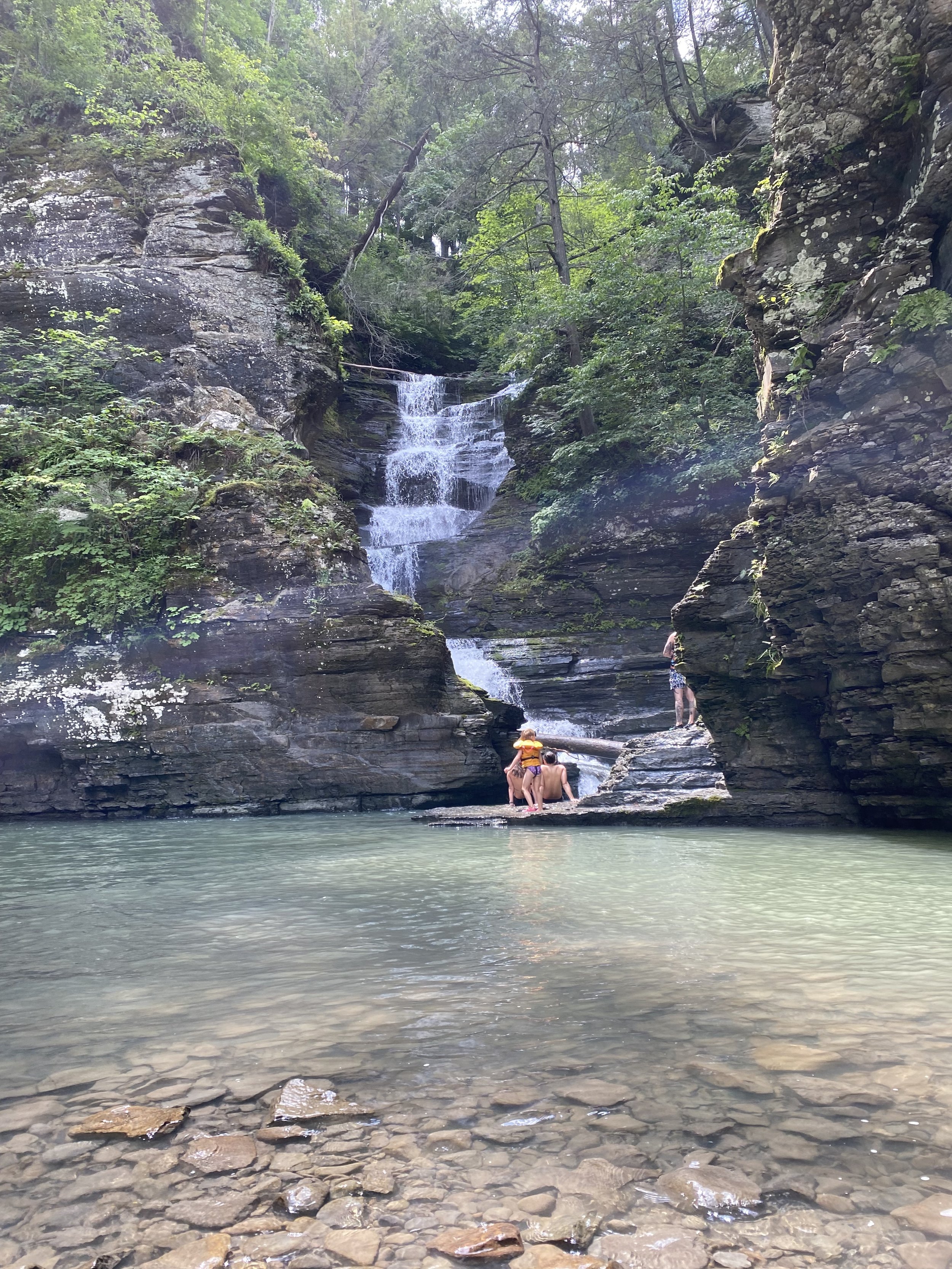
Excited about Rematriation
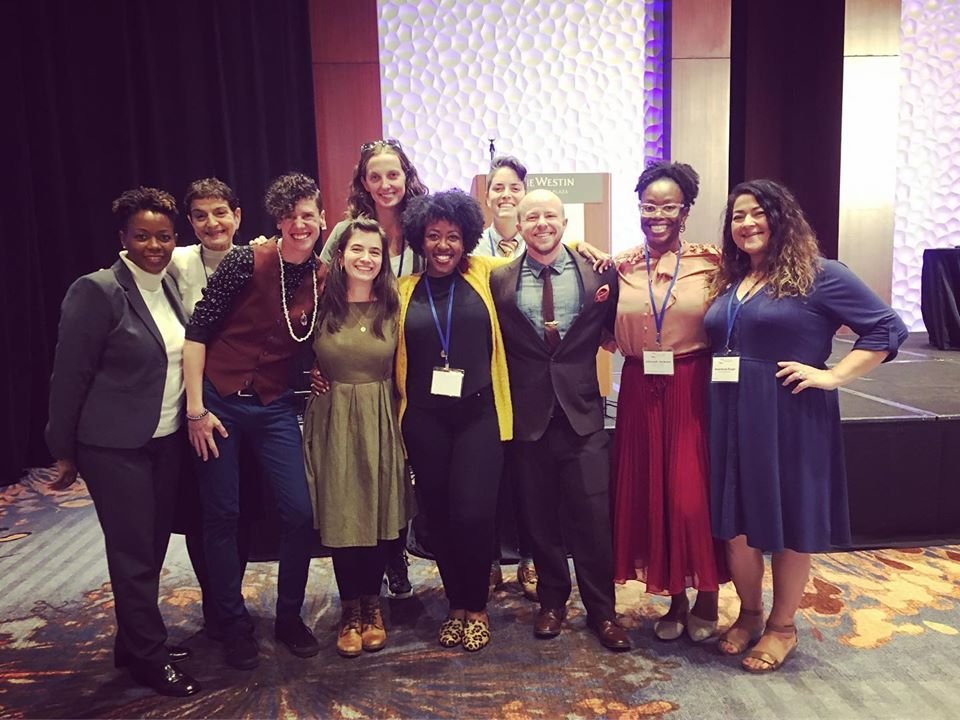
Reflections on Four Years of Independent Practice (2018-2022)
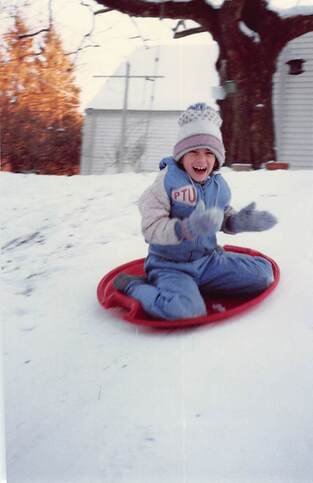
How a white girl learned white supremacy in a liberal suburb of Rochester, NY: a love letter to white Rochesterians

Join me in a moment of silence
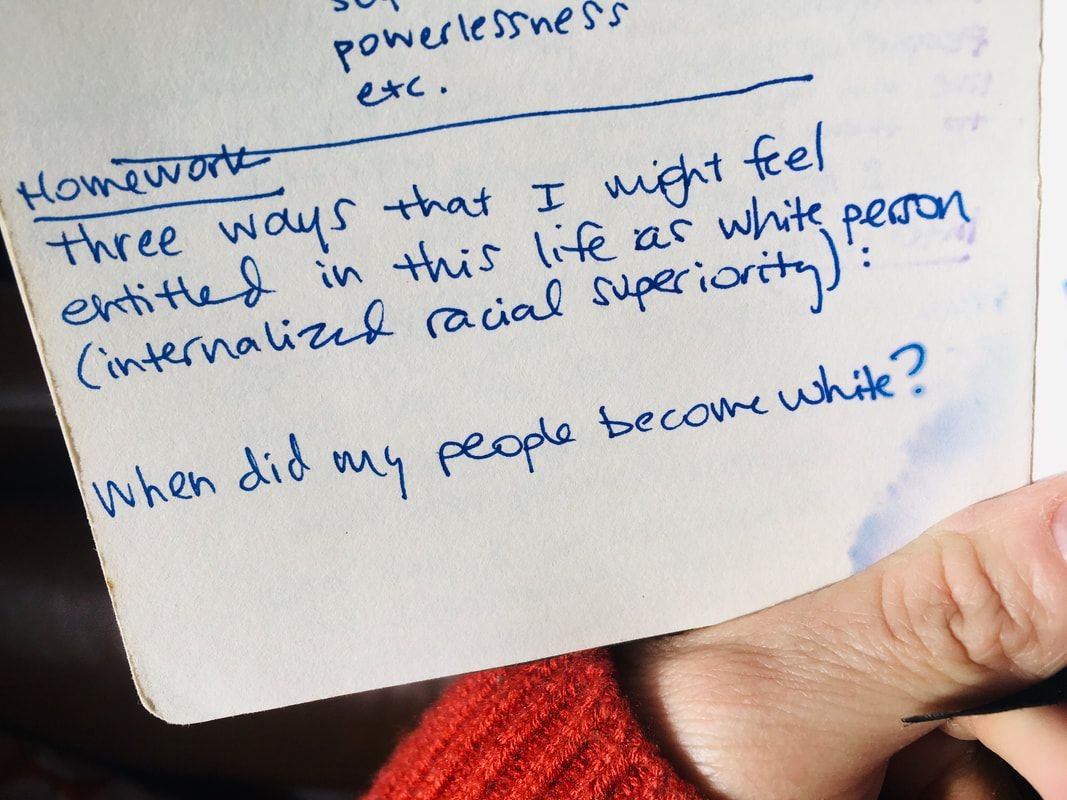
Got internalized white superiority? The danger of denial and the promise of another way

On Juneteenth 2019: Will the U.S. seriously reckon with anti-Black racism and commit to reparations for enslavement?
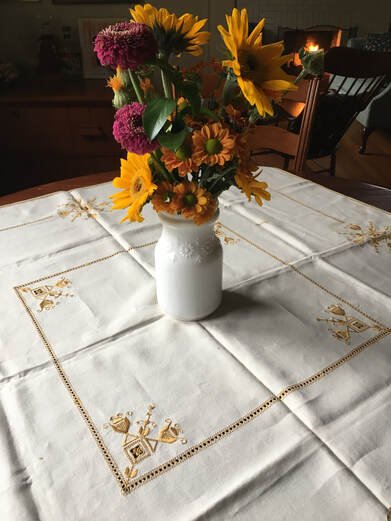
Thanksgiving prayer 2018
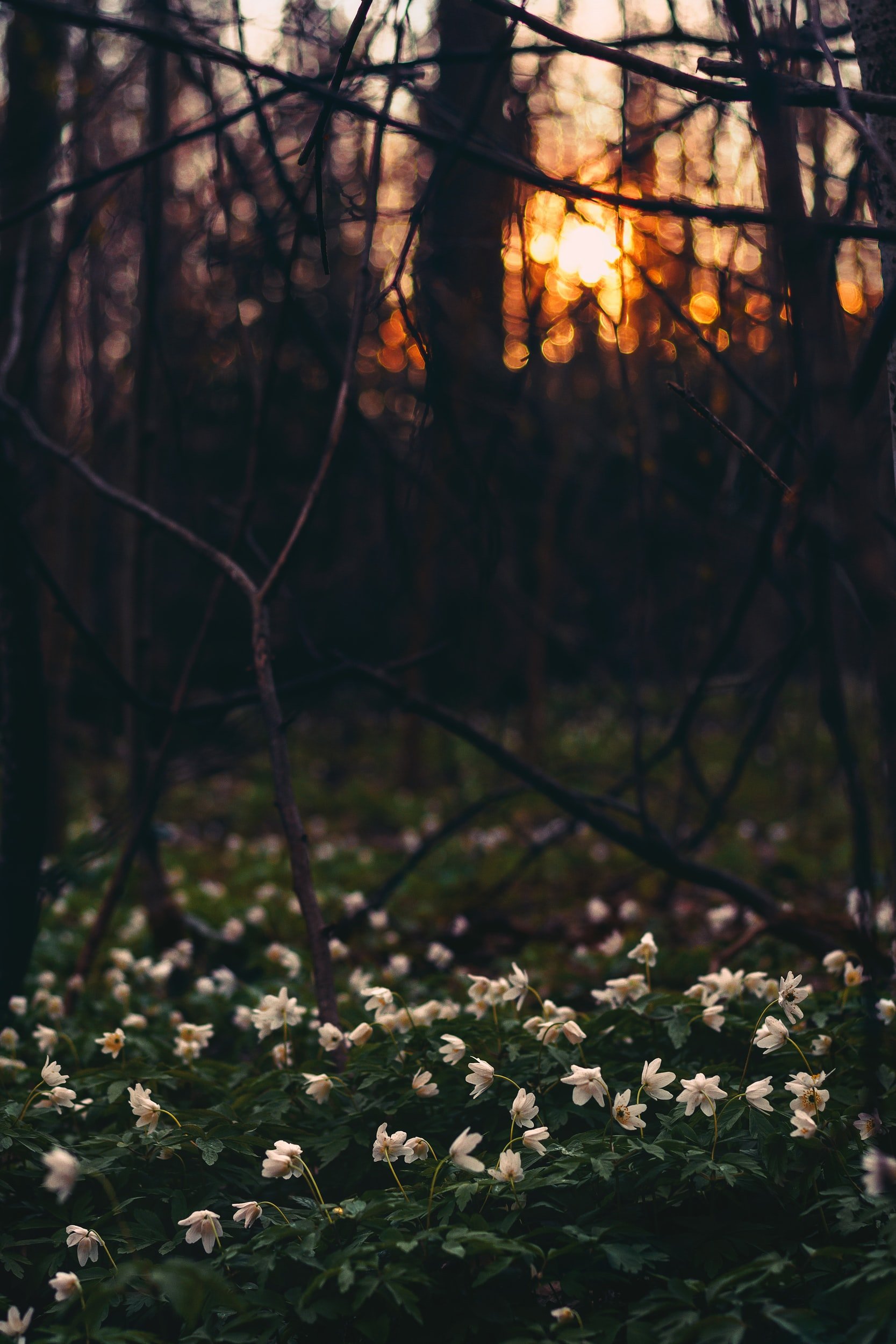
Meditations on darkness on the shortest day of the year
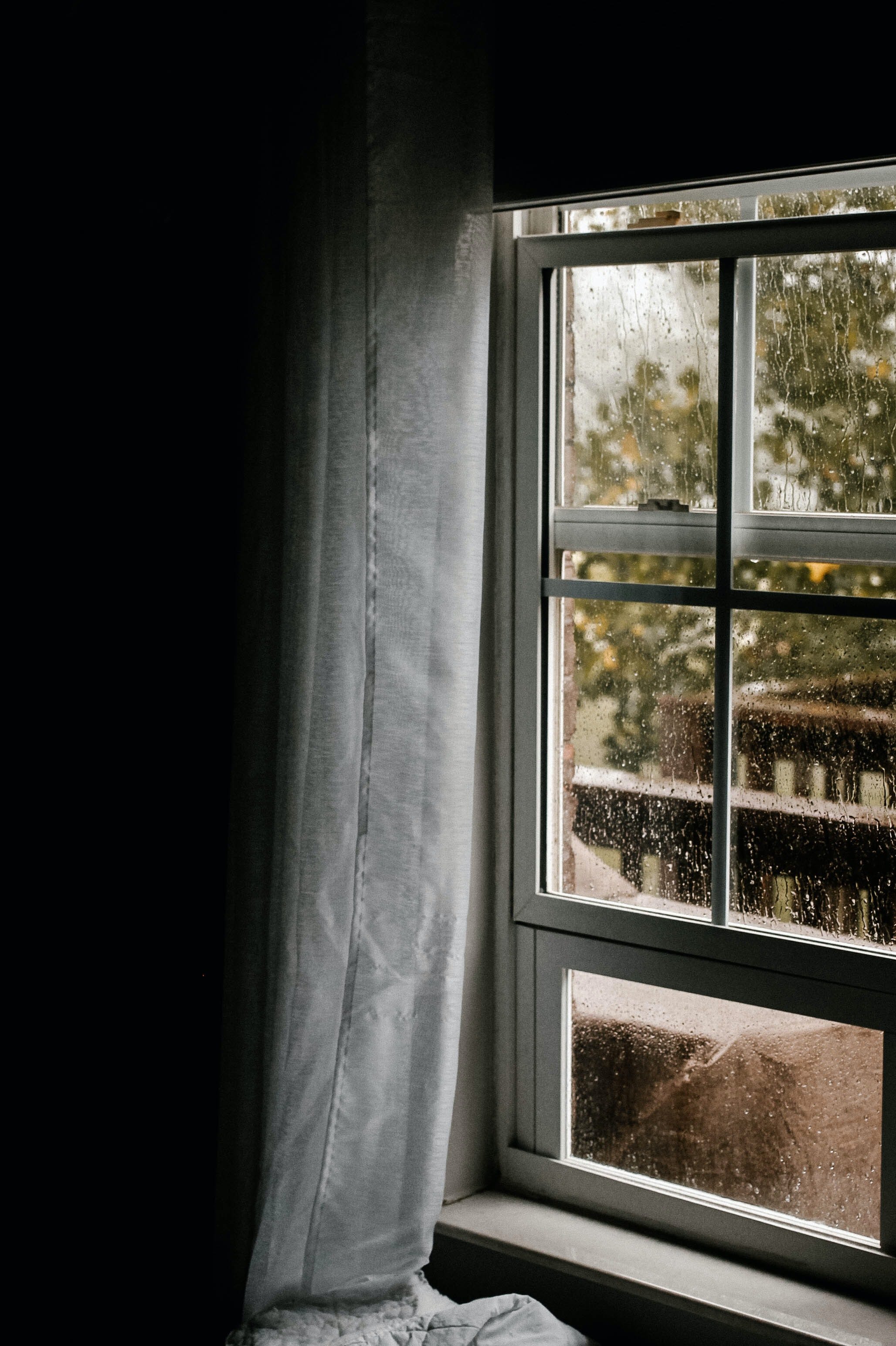
“These are the times to grow our souls. Each of us is called upon to embrace the conviction that despite the powers and principalities bent on commodifying all our human relationships, we have the power within us to create the world anew.”
